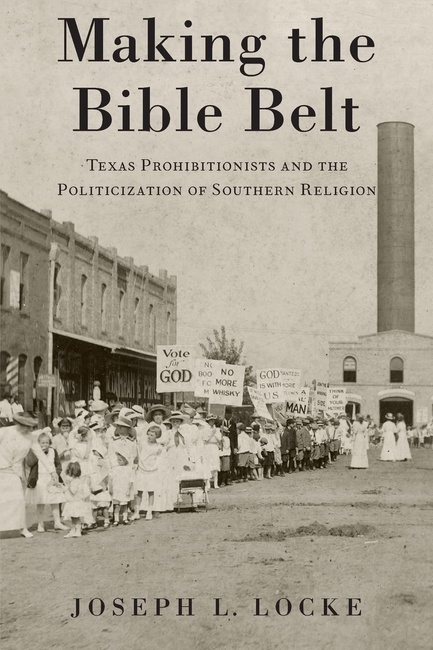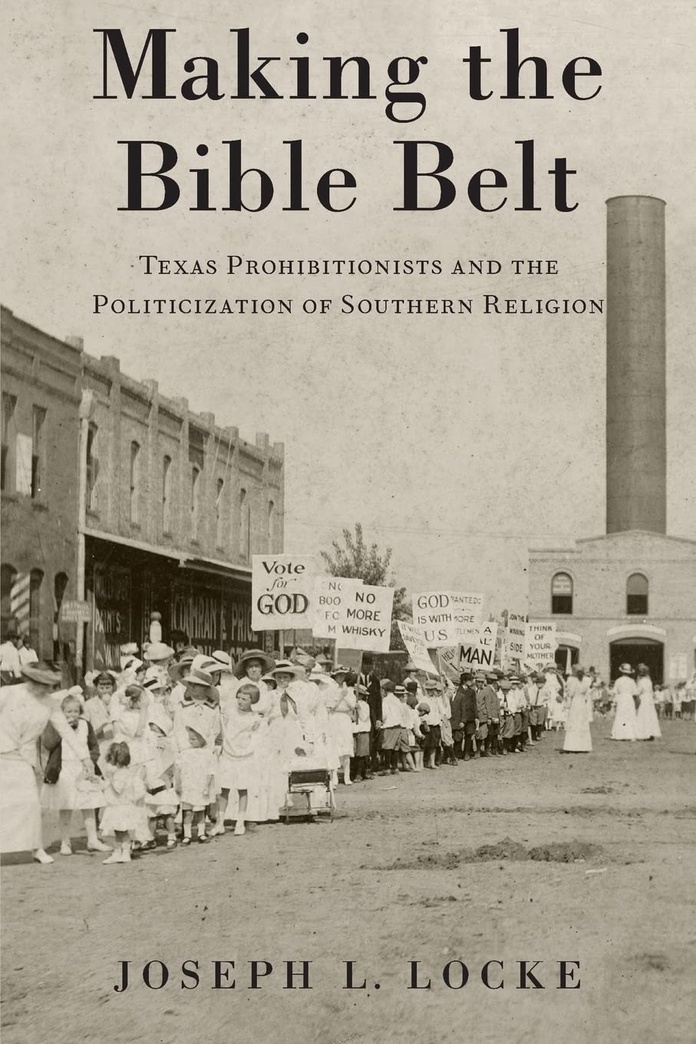Making the Bible Belt upends notions of a longstanding, stable marriage between political religion and the American South. H.L. Mencken coined the term "the Bible Belt" in the 1920s to capture the peculiar alliance of religion and public life in the South, but the reality he described was only the closing chapter of a long historical process. Into the twentieth century, a robust anticlerical tradition still challenged religious forays into southern politics. Inside southern churches, an insular evangelical theology looked suspiciously on political meddling. Outside of the churches, a popular anticlericalism indicted activist ministers with breaching the boundaries of their proper spheres of influence, calling up historical memories of the Dark Ages and Puritan witch hunts.
Through the politics of prohibition, and in the face of bitter resistance, a complex but shared commitment to expanding the power and scope of religion transformed southern evangelicals' inward-looking restraints into an aggressive, self-assertive, and unapologetic political activism. The decades-long religious crusade to close saloons and outlaw alcohol in the South absorbed the energies of southern churches and thrust religious leaders headlong into the political process--even as their forays into southern politics were challenged at every step.
Early defeats impelled prohibitionist clergy to recast their campaign as a broader effort not merely to dry up the South, but to conquer anticlerical opposition and inject religion into public life. Clerical activists churned notions of history, race, gender, and religion into a powerful political movement and elevated ambitious leaders such as the pugnacious fundamentalist J. Frank Norris and Senator Morris Sheppard, the "Father of National Prohibition."
Exploring the controversies surrounding the religious support of prohibition in Texas, Making the Bible Belt reconstructs the purposeful, decades-long campaign to politicize southern religion, hints at the historical origins of the religious right, and explores a compelling and transformative moment in American history.






